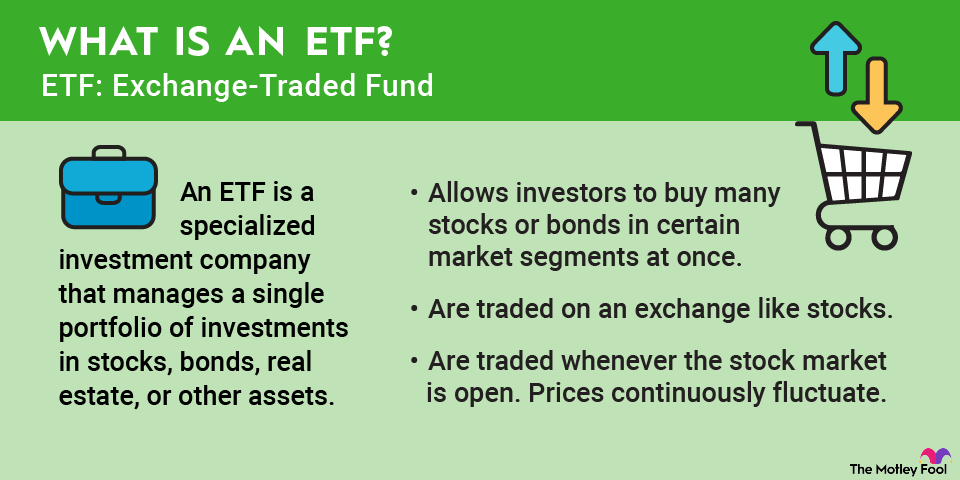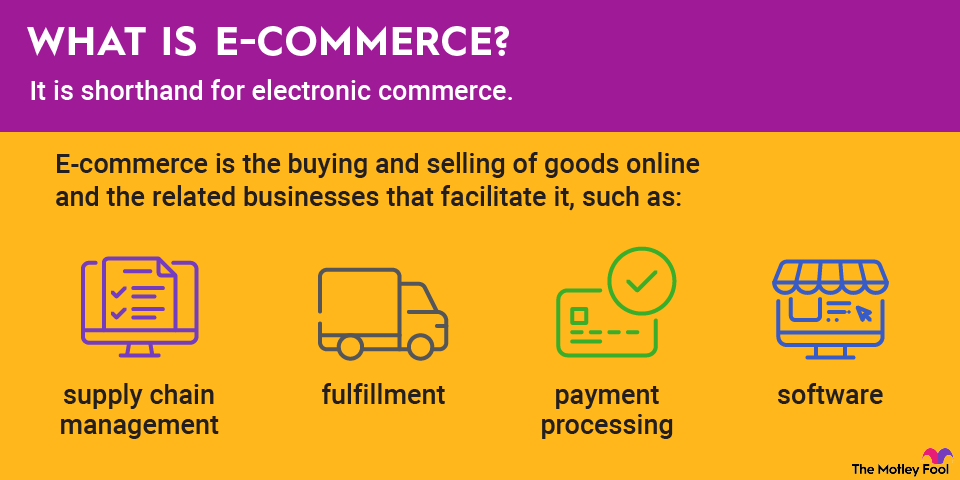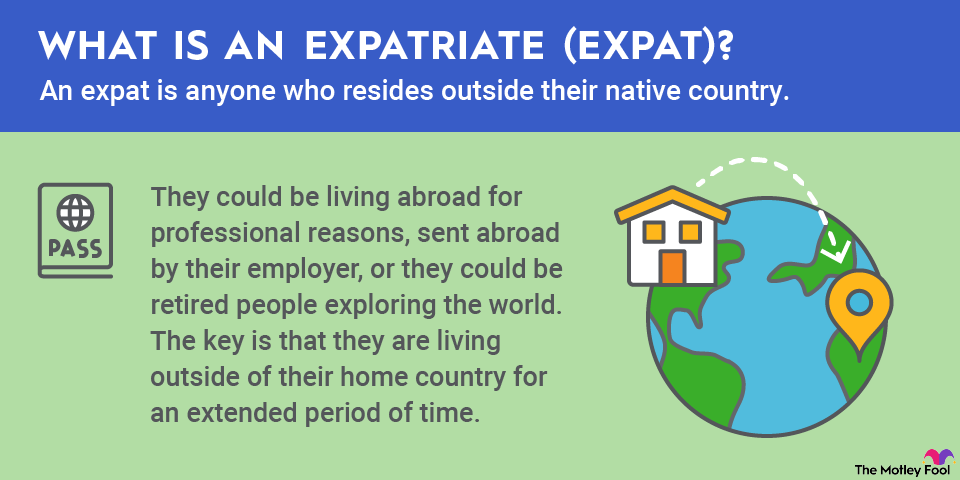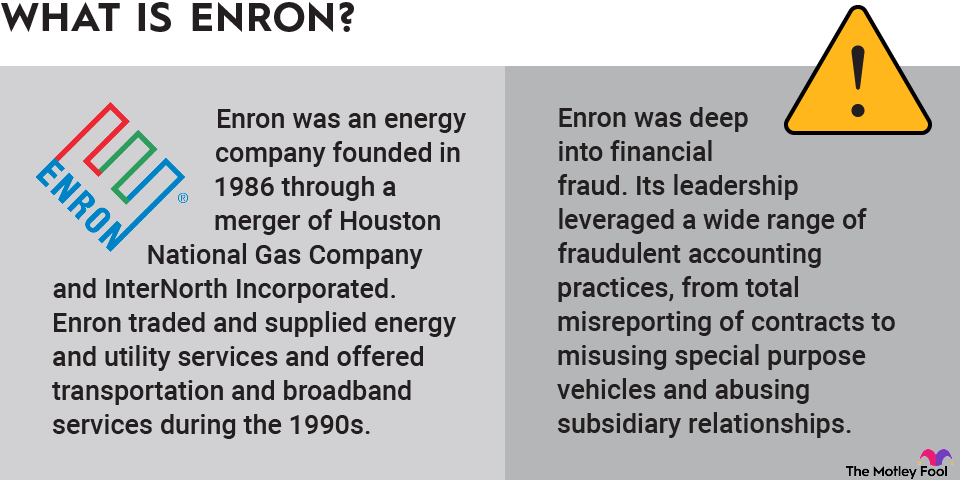Although it might not seem important for investors to know shipping lingo, understanding some common types of international trade shipping agreements can help you better grasp how your favorite companies do business. EXW, short for “ex works,” is a type of shipping agreement where the buyer assumes responsibility and costs for transporting goods beyond a designated point.

What is EXW?
EXW is an International Chamber of Commerce shipping agreement term that’s short for “ex works.” Ex works describes the responsibilities of the buyer in transactions that generally involve large volumes of goods. In an ex works agreement, the seller makes the goods available at a specified place, while the buyer covers all expenses related to transportation, exporting, importing, insuring, and unloading the products beyond that point.
An ex works agreement is often a good arrangement for the seller, depending on the country and other terms of the contract, because they bear minimal responsibility for the safety and transportation of goods. Buyers, on the other hand, assume a great deal of risk with an EXW contract. Still, for a buyer, there are certain advantages.
Some advantages to EXW for a buyer
It might seem like the buyer gets the shaft with an EXW agreement. But if the buyer already has shipping contracts and other agreements in place with insurers and exporters, they may get a substantial discount on their purchase of goods. That discount may offset the cost of transportation, including the labor involved.
EXW may also give a big retailer access to a much larger pool of manufacturers than they might otherwise have. Some companies simply don't want to deal with exporting or lack the right contracts to transport goods efficiently. If a major retailer is looking to purchase goods from more than one manufacturer in the same area, the retailer can package all the goods from the different manufacturers together and bundle the shipping expenses.
Supply Chain Management (SCM)
Some advantages to EXW for a seller
Sellers have the obvious advantage in an EXW arrangement. They don’t have to pay for expenses like insurance and shipping of goods to potentially distant purchasers. For small suppliers, this can be a huge advantage since they may not want to learn about exporting their goods to another country, or they may lack the staff to focus on such tasks.
Additionally, sellers shed a lot of liability with an EXW agreement. Their responsibility ends at the collection point for the goods. That might mean that the buyer collects the goods at the seller's factory, or it might mean that they meet the seller at a port to make the delivery. But their responsibility ends at that point. They don’t have to worry about goods getting damaged in shipment. Or if a container were to somehow fall into the ocean, making the goods unrecoverable, responsibility and costs would fall on the buyer.
Related investing topics
Alternatives to EXW
There are several other types of shipping agreements that can be used instead of EXW. Here are a few examples.
- FOB is short for “free on board” and is the most similar to EXW. In FOB, the buyer assumes responsibility for their goods as soon as they’re loaded onto the conveyance method, be it a ship, plane, train, or other type of business logistics.
- FCA stands for “free carrier.” In a free carrier relationship, the seller is responsible for getting the goods to the delivery site. If that happens to be in a different country, the seller will need to also handle the export and import paperwork.
- DDP is almost the exact opposite of EXW. DDP is short for “delivered duty paid” and is an arrangement where the seller takes care of basically everything. The buyer accepts the goods once all paperwork is completed and value added tax and other fees are paid.


















